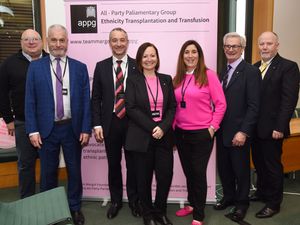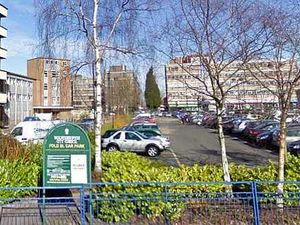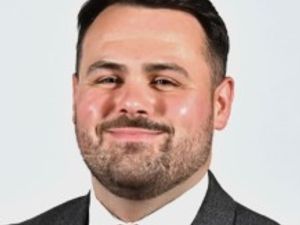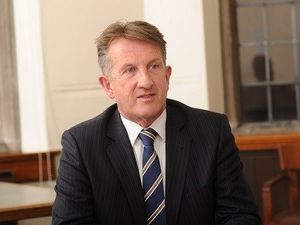Key parliamentary inquiry launched following Team Margot campaign
Little Margot Martini has inspired a new drive to increase the number of stem cell donors.

A parliamentary inquiry has been launched into the lack of access to stem cell donors for people from diverse ethnic backgrounds.
It is being led by a new all-party parliamentary group which came together after a campaign from the Team Margot Foundation, which was formed in honour of Essington toddler Margot.
Margot, who was of mixed heritage, was diagnosed with a rare form of blood cancer aged 14 months. Although a bone marrow donor was eventually found following a worldwide appeal, she died in October 2014.
Announcing its inquiry in Parliament, the All-Party Parliamentary Group for Ethnicity Transplantation and Transfusion (ETT) said it was committed to making "concrete policy proposals" to ensure everyone has a fair chance to find a donor irrespective of their ethnicity.
The group says that currently a shortage of donors impacts patients with ethnically diverse backgrounds.
Margot's father, Yaser Martini, said his daughter's mixed heritage had been the "main obstacle" in finding a perfect tissue-type match due to low donor numbers.

He said: "The event and the coming together of so many of those involved with and responsible for blood, organ, stem cell and bone marrow transplant and transfusion across the UK, illustrates the desire within this community to deliver a future where every patient, regardless of their ethnicity or heritage, is able to receive the same opportunity to benefit from a suitably matched transplant or transfusion."
Group chair Sarah Olney MP, who announced the inquiry alongside Wolverhampton TV presenter Jay Blades, said: "We live in an increasingly diverse world. Whilst 18 per cent of the UK population is from an ethnic minority, this becomes 34.5 per cent for pupils in primary and secondary schools.
"The NHS is not prepared for this diversity. Our NHS is focused on meeting the health and care needs of all people, however when it comes to transplant and transfusion, stark healthcare inequalities exist for mixed and minority ethnic patients. Because nothing can happen without a donor.
"Our Group’s inquiry will explore why it’s so much harder for patients from diverse backgrounds to find suitable donors and make concrete policy proposals to ensure that everyone has a fair chance to find a donor irrespective of their ethnicity."





